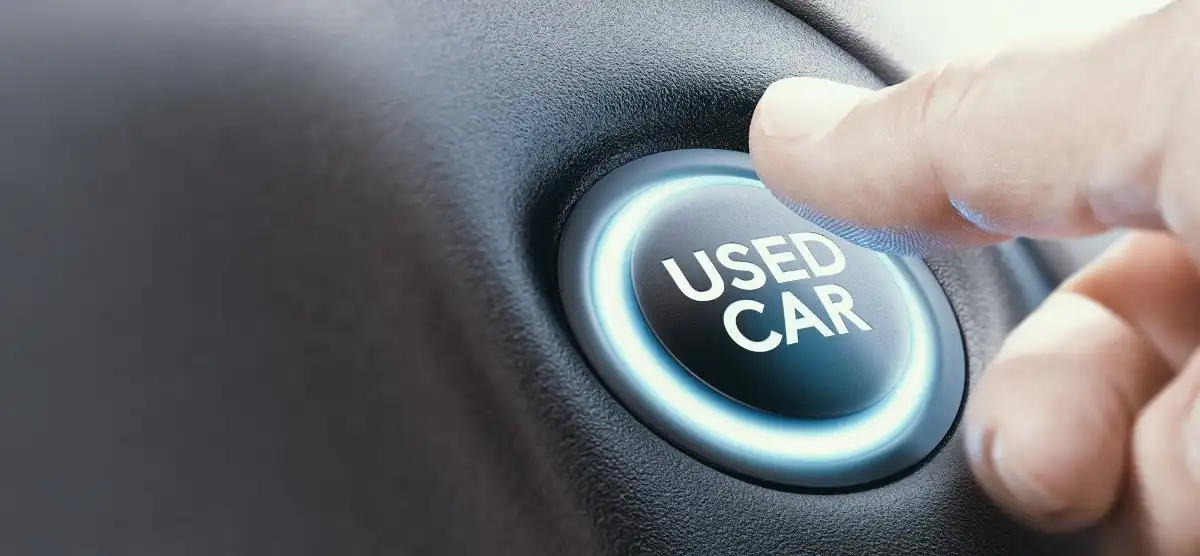Buying a used car can make your budget go a lot further than buying a new one. It can also simplify a car budget if you purchase used vehicles instead of leasing them.
However, buying a used car can also lead to some problems if you aren’t careful. You are at greater risk of purchasing a lemon or something unsafe if you aren’t picky about what you buy.
The key to finding a great car is to make sure you buy quality pre-owned vehicles. Here’s how you can tell if a used car is worth your time and money.
Understand Your Requirements
Start by making a list of what you need in a car. Do you have a big family? You might need a minivan or SUV. Do you mostly drive alone?
A smaller, fuel-efficient car might be just right for you. Consider how much trunk space you’ll need, the kind of driving you’ll do (city, highway, off-road), and any special features you’d like to have.
It’s also important to think about how much you can afford to spend. Remember that quality used vehicles come in all shapes, sizes, and price ranges!
Establish a Budget
Before you start shopping around, you need to figure out your budget. This is the amount of money you can spend on a used car without straining your finances.
Be clear about your budget limits. This will help you avoid cars that are too expensive. Remember to factor in the costs of insurance, maintenance, and fuel.
You may find a car that’s cheap to buy but expensive to own. Don’t forget that car dealers are open to negotiation.
This means you could get a better deal if you’re good at bargaining. So make sure you do your math, be clear about your budget, and stick to it.
Research Vehicle History
When buying a used car, it’s crucial to know its past. A vehicle history report gives you important information about the car. This includes prior owners, accidents, repairs, and even if the car has been in a flood.
Some services offer these reports. Ask the seller for this report. If they don’t have it, you can get it yourself using the car’s Vehicle Identification Number (VIN).
Be alert for any red flags, like a salvage title. This means the car was once considered a total loss. Knowing a car’s history will help you make an informed decision.
Comprehensive Vehicle Inspection
A complete vehicle inspection is a must-do step when buying a used car. This means you need to check both the inside and outside of the car.
For the exterior, look for any dents, scratches, or rust. The tires should be in good shape, and the lights must work properly.
Inside the car, check that the seats are comfortable and not torn. Make sure all the buttons and controls are working. Don’t forget to check the air conditioning and the heater!
But there’s more to a car than what meets the eye. The engine is the heart of the car, so it’s important to have a mechanic inspect it. A good mechanic will tell you if there are any issues.
It might cost a bit of money, but it’s worth it. This way, you can avoid buying a car with hidden problems.
Check Certification Papers
It’s really important to check the car’s certification papers. It tells you if the car has passed all the necessary tests and is safe to drive. The car’s certification papers include information about safety checks.
Let’s say the car needed a new engine or new brakes. These details would be in the certification papers. Always ask the seller to show you these papers.
If they can’t or won’t, be careful. It could mean the car has problems. Make sure the car’s certification papers are complete and up-to-date before you buy it.
Test Drive Essentials
Always take the car for a test drive. It’s a great way to see how the car feels on the road. Also, listen for any strange noises as this could be a sign that something is wrong.
Try driving on different roads. This will give you a good feel for how the car handles.
Does it steer well? Do the brakes work well? Is it easy to see out of the car? These are all things to think about.
After the test drive, think about how you feel. Did you like driving the car? Could you see yourself driving this car every day?
Remember, you should be comfortable in the car you buy. Dealerships like Monterey Audi won’t have trouble having you test one of their cars. So be sure to check them out.
Negotiating the Price
When you find a used car you like, it’s time to talk about the price. But don’t just accept the first number they tell you. It’s okay to negotiate!
Start by doing your homework. Know what the car is worth. You can check online sites for the average price of the same model and year.
Then, use this information when you talk to the seller. Be open and honest about what you’re willing to pay. Stand firm on your budget.
Remember that it’s your money, and you want to spend it wisely. If the seller won’t meet your price, don’t be afraid to walk away. There are plenty of used cars out there – you’ll find the right one at the right price!
Finalizing the Deal
After you’ve settled on a price, it’s time to close the deal! Start by agreeing on the payment terms. You could pay the entire amount up front or maybe work out a payment plan.
Next, make sure all the paperwork is in order. The seller should give you the title of the car, which shows who owns it.
Also, remember to get a bill of sale. This document proves you bought the car and how much you paid for it.
Lastly, transfer the car’s insurance to your name. Now, the car is all yours! Enjoy your new ride and the money you saved by buying a used car.
Finding the Best Quality Pre-Owned Vehicles
Buying a pre-owned vehicle can be a smart and budget-friendly decision. By following the tips in this guide, you can find quality pre-owned vehicles that fit your needs and budget.
With thorough research and careful consideration, you can drive away with a reliable and affordable car. Don’t hesitate to begin your search for your dream vehicle today!
Check out our other posts for more helpful guides and tips!




